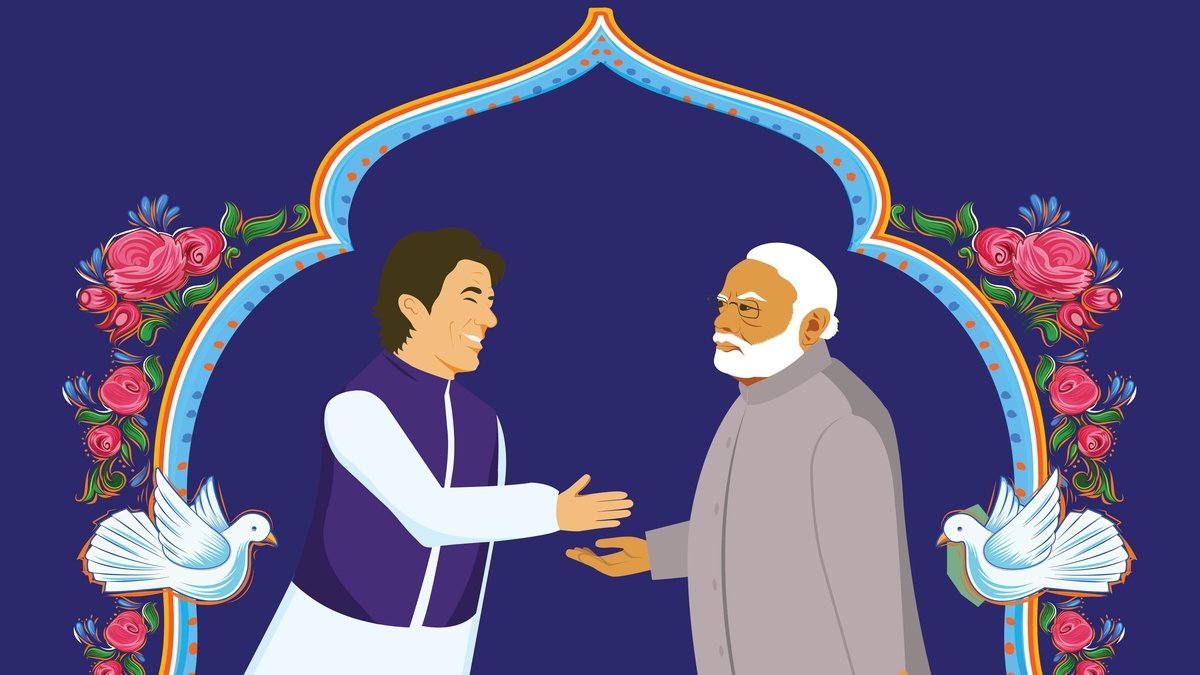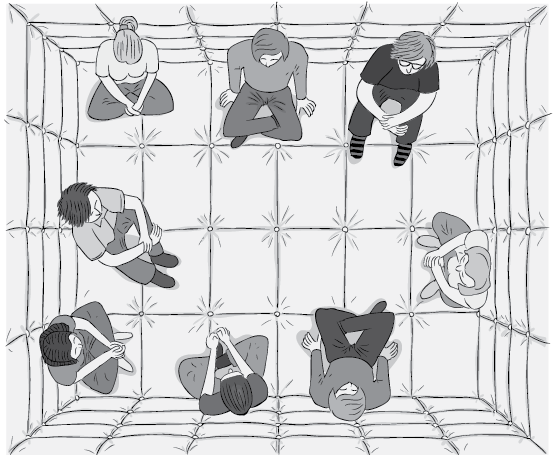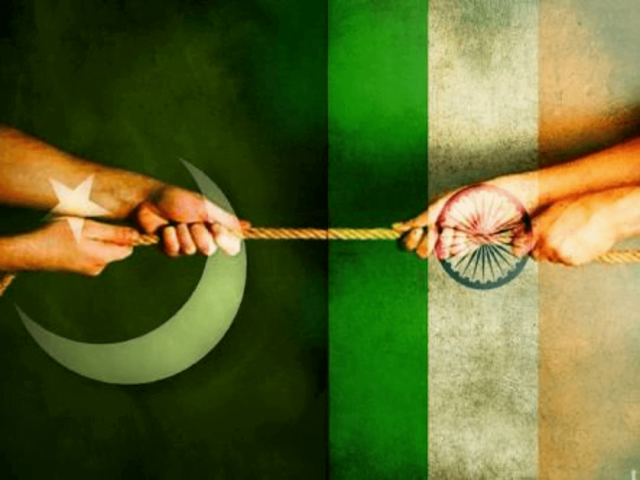Disclaimer: Originally published in January 2020. It is being republished since it still remains an interesting topic till today.
Sometimes, I close my eyes and imagine a Srinagar without army camps at the lakeside. A sublime Kashmir morning, without the unending snakes of camouflaged trucks and jeeps clogging the narrow mountain roads.
A peaceful valley where no soldier is hiding behind the apex of mountains past Baramulla and Gulmarg. A place where travellers are not shot as spies if they take pictures of roads and bridges.
Unfortunately, the contemporary realities of the heavy military presence and surveillance in Kashmir cloud even these small figments of my imagination.
The continuous shelling between the Indian and Pakistani forces leaves hundreds of people injured every day. Both sides believe that they are suffering more than the other and both see themselves as the victim in this violent transaction.
“The suffering we have undergone remains with us longer than the suffering we caused. Even if I understand at the rational level that my side can be perceived as victim and aggressor at the same time – emotionally it’s different. I can’t feel them both simultaneously. And it’s easier to be the victim”, said psychology Prof. Nurit Shnabel of Tel Aviv University.
A Psychology Experiment To Understand The Victim-Aggressor Relationship
An experiment was conducted by Prof. Shnabel to shed some light on the nature of the relationship between a victim and an aggressor.
In this, the participants were divided into pairs and everyone was given an identical amount of money or ‘resource’ in the language of the experiment. Further, each person was asked to privately share the money between himself and his partner where the partner did not know how much the other person kept with himself.
After this, the researchers gave the participants positive and negative feedback about how the money was divided up. Some pairs were told that they had both been fair, others were told that while they had been fair, their partners had been unfair and finally, some were told that they had both been unfair.
Also Read: Modern Day World Leaders Are Like Mean Girls From High School Comedies: In Pics
In the next phase, the partners were asked again to distribute the money as payment for having participated in the experiment. Those who were told that while they themselves behaved fairly, but their partners had been unfair, showed vengefulness by withholding some money.
Participants who thought that they had been unfair with their partners, but their partners had been fair to them, tended to be more generous.
The most interesting behaviour, however, was seen in the final group where the participants were told that both they and their partner had behaved unfairly. And thus, they were both the aggressor and the victim.
While the researchers assumed that, in this case, vengefulness and generosity would offset each other, the result was the opposite.
“The participants in the last group displayed a degree of vengefulness similar to those who were only victimised, with no connection to their own behaviour”, according to the study.
“They seemingly forgot that they too didn’t do right by the other, and remembered only that the other didn’t do right by them,” added Shnabel.
Applying This Experiment To The Kashmir Conflict
Based on this experiment, it can be concluded that both sides would come to aid of the other, if they think that they alone had been in the wrong.
If both sides are shown with evidence that they had been the perpetrator, then some might feel guilty and shameful, while others might challenge the validity of evidence.
“The same mechanism exists in every conflict. Certain characteristics are found in almost every conflict, whether it involves neighbours, siblings, a couple or groups and peoples. The emotional needs are identical, even if each situation is unique”, said the professor.
However, if both sides were shown to possess the victim as well as the aggressor identity, then that would enhance a sense of generosity and conciliation towards the other.
Thus, if bereaved families from both sides meet and try to develop peace and understanding, then the need for the title of being a victim will get neutralised and it will ultimately lead to more openness and generosity.
Obviously, peace will not prevail tomorrow. But, this is at least a good start towards it.
Both sides need to be listened to.
“It’s hard for us to listen to those stories, but when we succeed in being momentarily empathetic, without going on the defensive, without explaining and without objecting, only listening, that has a deep, positive effect on the other side”, Shnabel concluded.
Image Sources: Google Images
Sources: Haaretz, Quartz, News18 + more
Connect With Blogger: yuksxo
Disclaimer: We do not hold any right, copyright over any of the images used, these have been taken from Google. In case of credits or removal, the owner may kindly mail us.





































